FREE Shipping on Orders over $89 with Account – Create One Today!
- (844)-859-9400
- Get Help
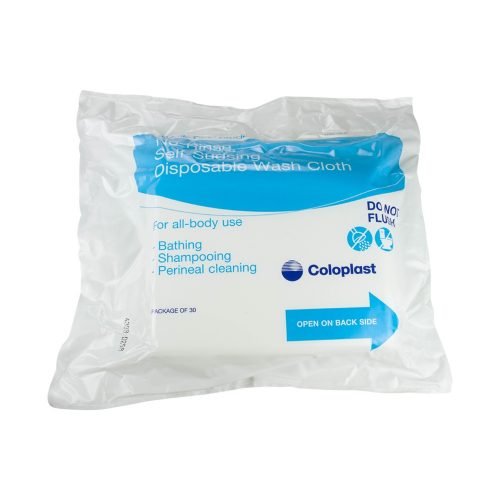
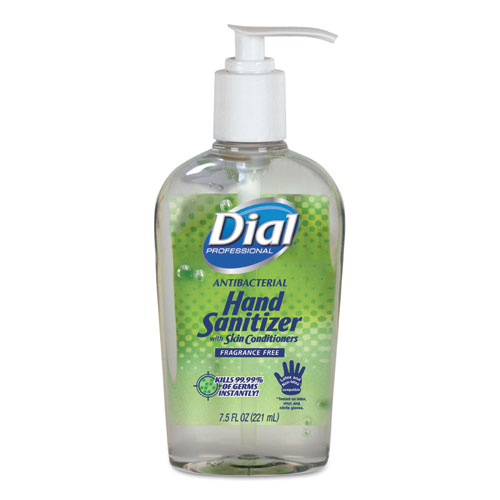
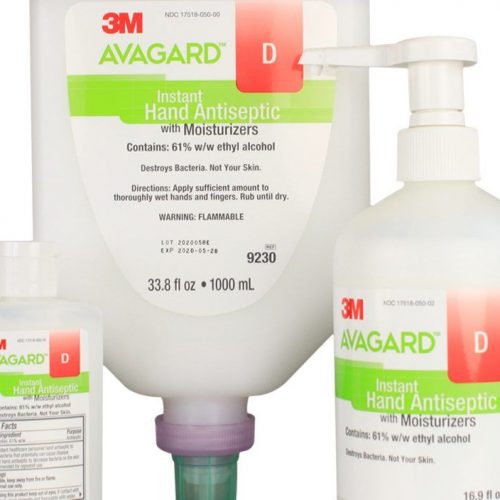
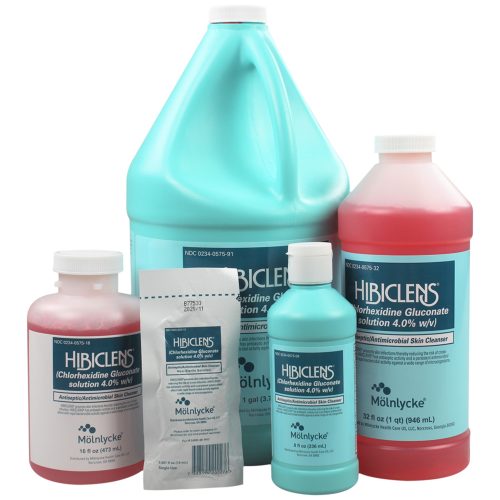
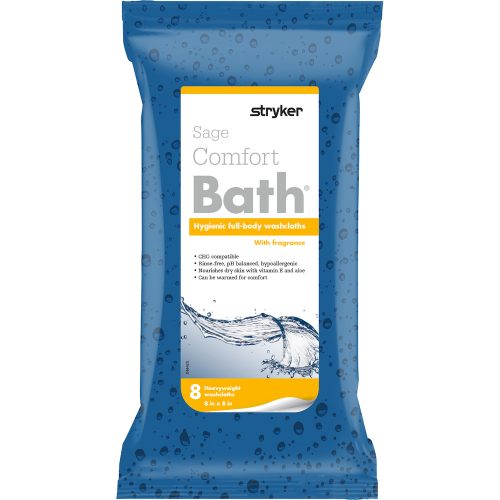
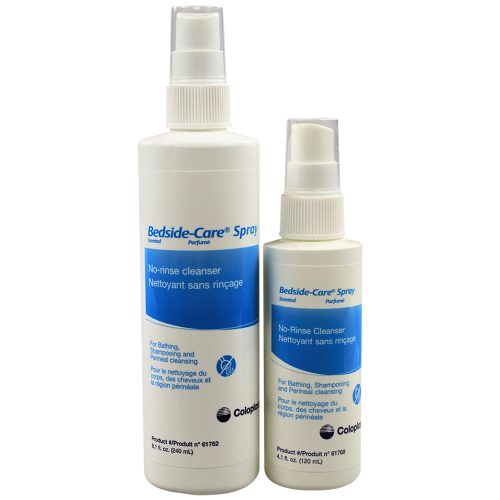
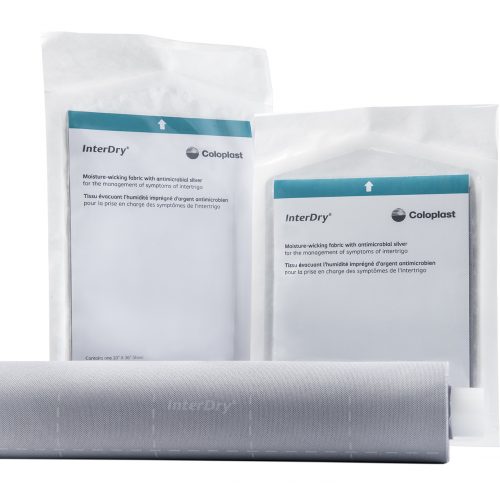
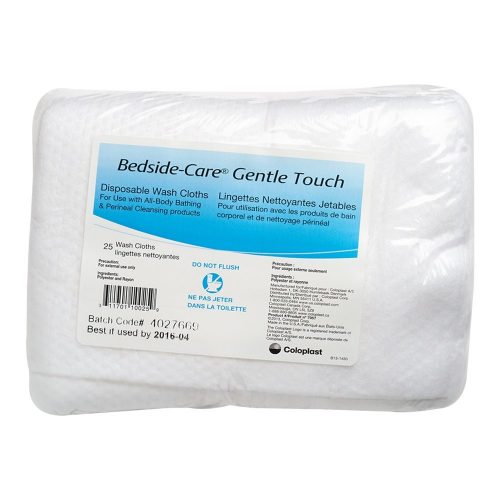
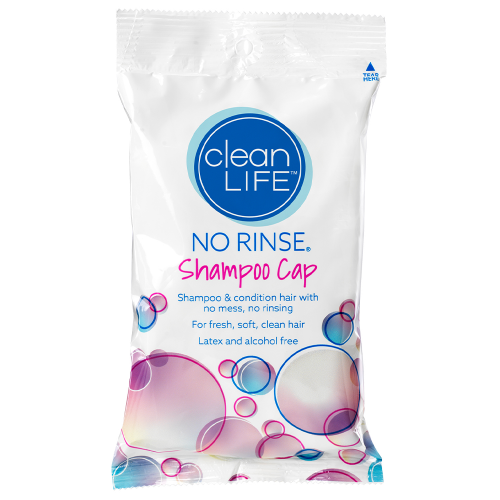
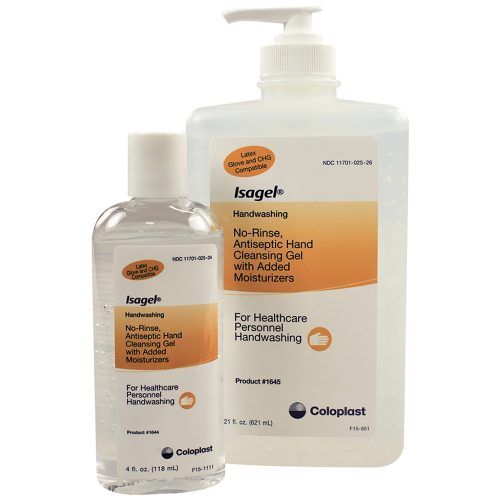
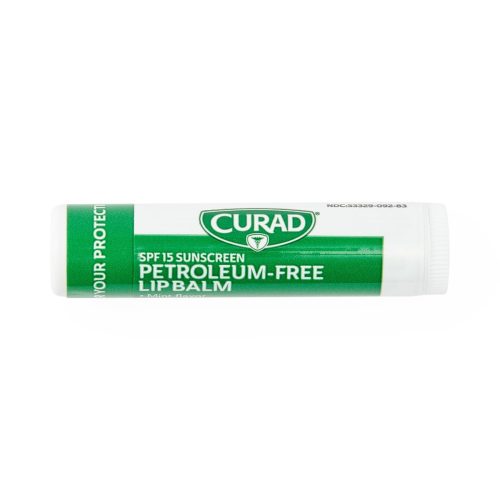
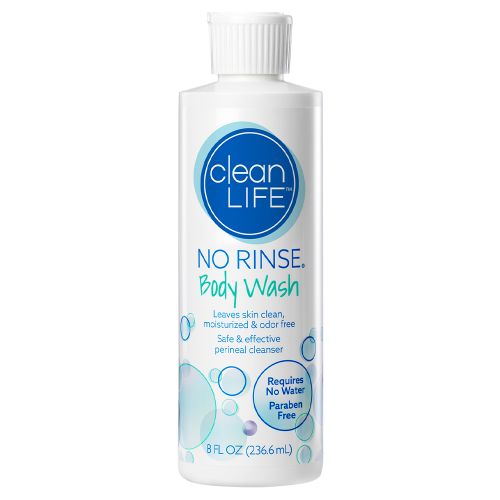
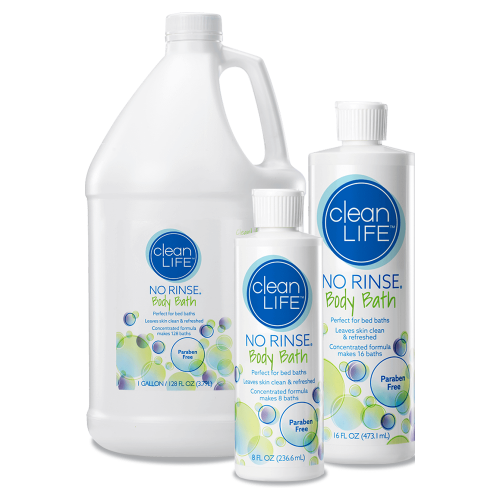
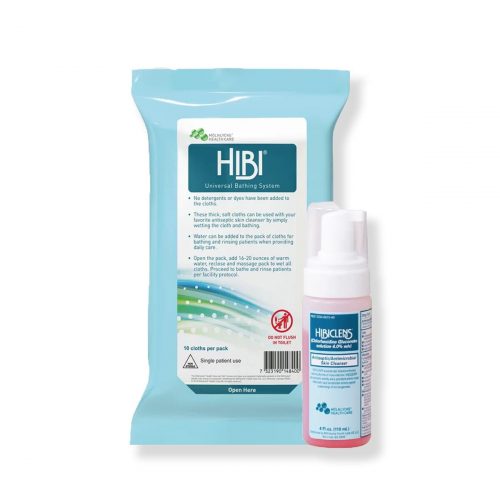
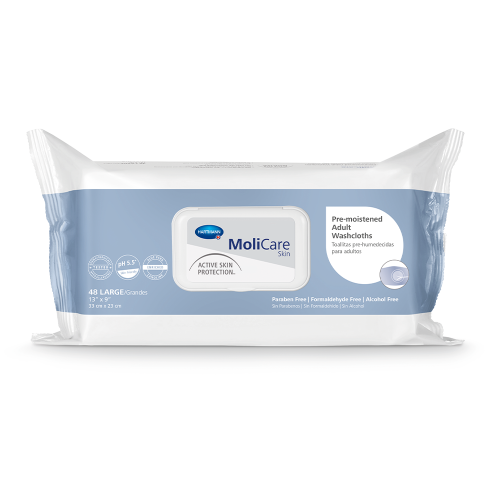
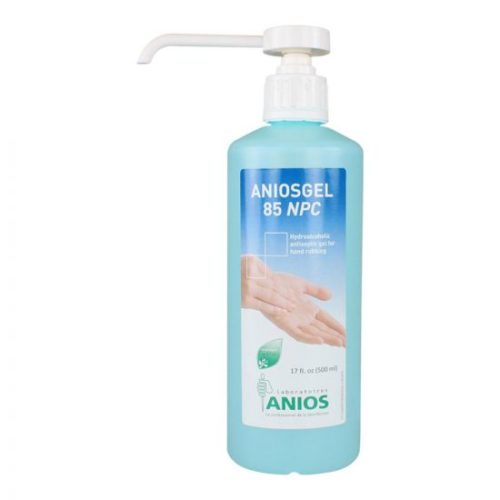
Many think of personal hygiene within the context of their own skincare and bathing routines. While proper methods and products prevent the spread of germs and infection in the home, they’re as important, if not more so, in a hospital setting.
Poor personal hygiene, including not washing hands and infrequent bathing, creates an environment for germs to thrive. In the interim, one’s body may develop a strong odor that repels others, but more seriously, ignoring hygiene exposes others to infection risks. They then become carriers in their own home, workplace and other public settings.
Within healthcare, personal hygiene is part of patient care and essential for maintaining a safe, healthy medical environment. Between employees, patients and their loved ones, prioritizing personal hygiene reduces cross-contamination and the spread of contagious diseases.
Hands are the most significant pathway for spreading germs in home and hospital settings and are the primary focus for personal hygiene. Generally, individuals must first wash their hands with soap and water for 20 seconds and then disinfect with an alcohol-based sanitizer. Disinfectant often isn’t effective alone and works optimally when the hands are completely clean and dry.
Based on recommendations from the Centers for Disease Control and Prevention (CDC), effective hand washing should involve applying soap not just to the palms but also to the full fingers, between them, to the back of the hands and under the nails. Then, once the skin is fully dry, apply an alcohol-based disinfectant. In a healthcare setting, staff may further want to consider wearing a pair of gloves.
However, keep in mind that sanitizers do not disinfect all substances, including chemicals, heavy metals and germs like norovirus and Clostridioides difficile.
Shop all soaps and hand sanitizers.
All of the millions of sweat glands covering your body are responsible for body odor, a process that occurs when bacteria target its natural secretions.
Washing your body’s skin and hair halts this process, in turn removing oil, sweat, dead skin cells and dirt accumulation and reducing odor. For this reason, it’s recommended that you wash at least once a day with soap and water, zeroing in on high-sweat accumulation areas in the process.
Bathing won’t always involve soap and water, however. Hospital-grade body wash provides an efficient and gentle solution for cleansing the skin of sweat, dirt and dead skin cells, while no-rinse body washing solutions are ideal for patients who can’t use a shower or bath or leave their bedside. As well, traditional washcloths, in large tubs or packs, provide individuals living with incontinence with a gentle, convenient and disposable cleansing solution.
